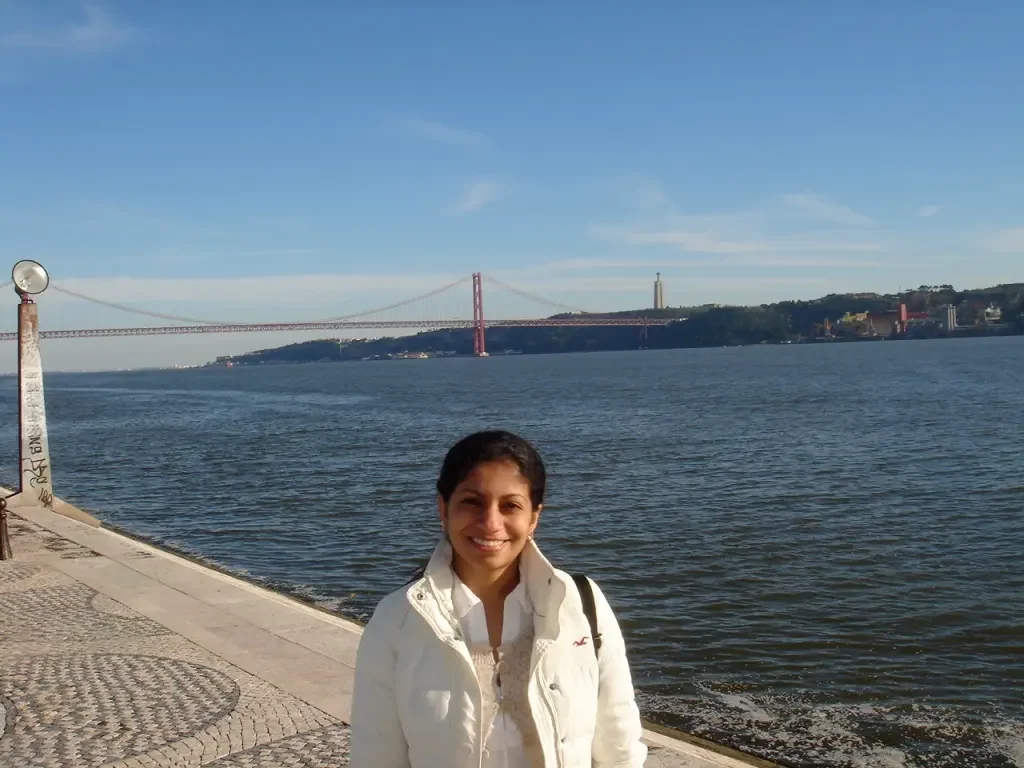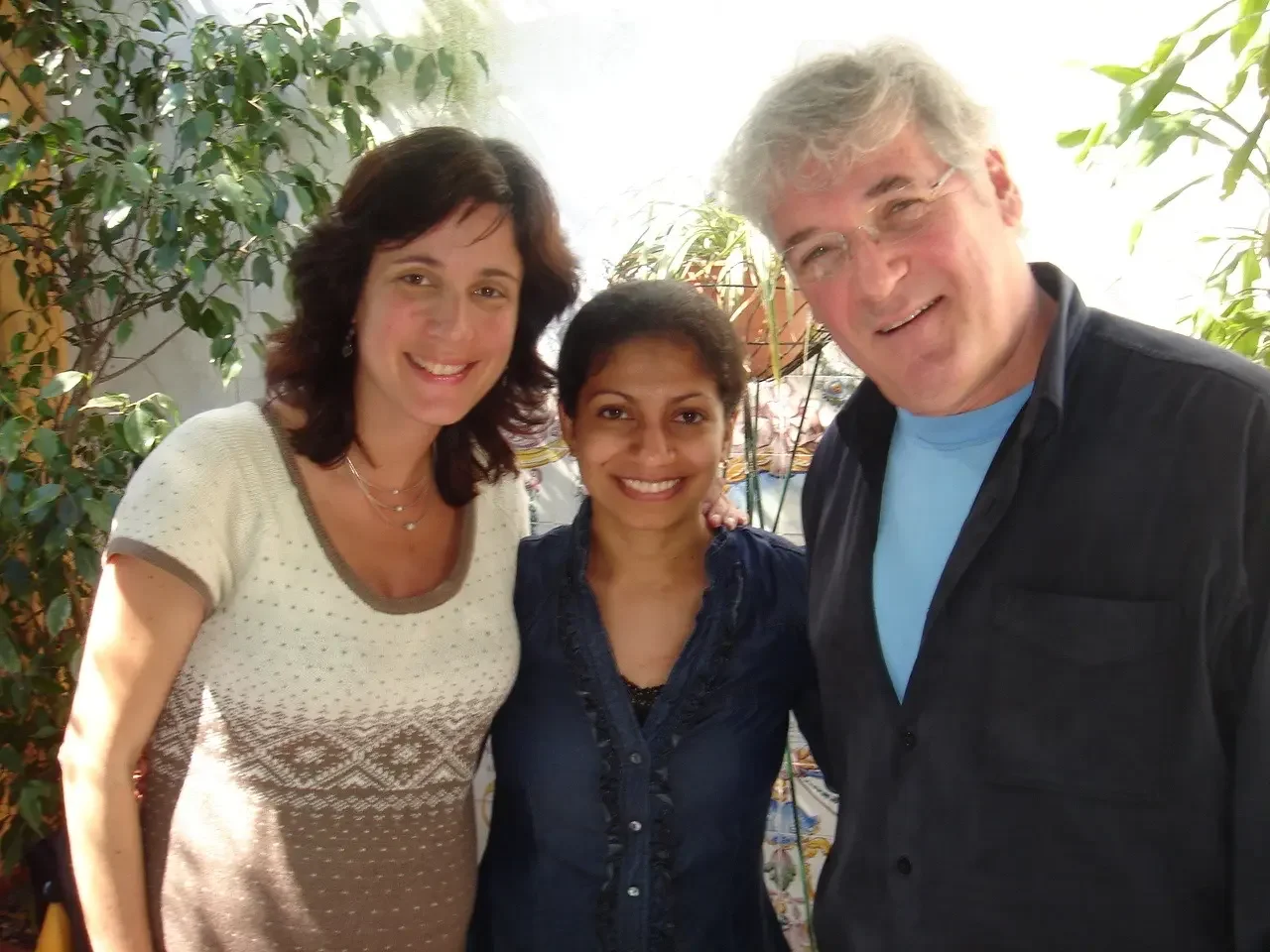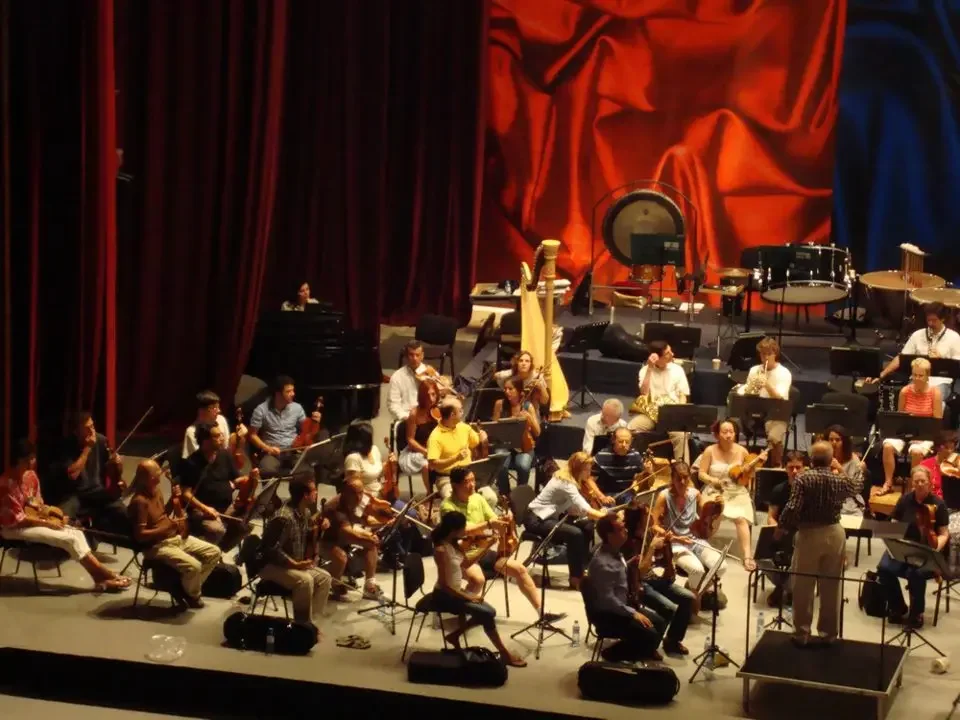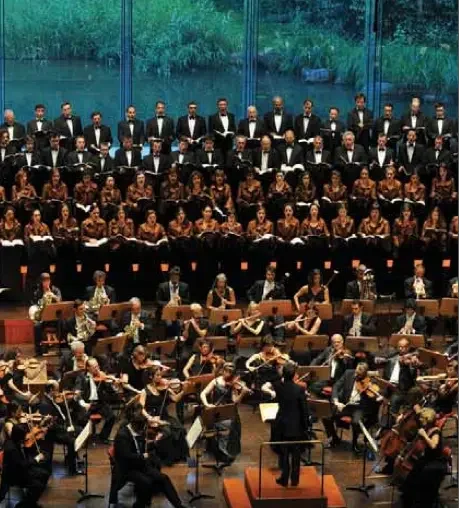Spain the Final Act: From Utopia to Reality
My last years in Madrid seemed to pass in a blur, with details fading compared to the vivid memories of my early days in the city. In total, I spent four years in Madrid.
During this period, my focus shifted almost entirely to chamber music, allowing me to explore and enjoy music in a deeper, more collaborative way. My training at the International Institute of Chamber Music in Madrid was crucial to this shift. There, I was part of a group with Finnish cellist Liina Leijala, Argentine violinist Silvina Álvarez, and Spanish pianist Patricia Arauzo. Our collaboration not only enriched my musical experience but also created a special bond among us, grounded in mutual admiration and deep respect for the music.
In addition to my work at the Institute, I continued my involvement with the Cuarteto Albeniz at the school. This dual experience in chamber music allowed me to enjoy a perfect balance between group musical creation and personal development as a musician. Chamber music, in particular, became the core of my musical life. I relished the opportunity to work with other musicians without the constant pressure of preparing individual repertoires, which allowed me to fully immerse myself in the creative process and in the camaraderie that defines this genre.
However, life always has its less glamorous side, and my transition to a stable professional career was filled with challenges. I began planning my future to secure a permanent position, ideally in Spain or elsewhere in Europe. This led me to embark on a series of auditions for orchestras across the continent. Preparing thousands of orchestral excerpts and recording videos for submission became a grueling and stressful task. I recall with frustration that some orchestras in Spain did not even accept my application due to my non-European status—a harsh reality faced by many Latin American musicians who encounter significant barriers in their pursuit of opportunities.
Despite these setbacks, I persisted with the hope of finding an opportunity that aligned with my aspirations. It was during this period of uncertainty and effort that a pivotal twist occurred. Thanks to a recommendation from Silvina Alvarez, who had worked with a chamber orchestra in Portugal, I decided to explore opportunities in Lisbon. This change of direction, although challenging, turned out to be a crucial turning point.
"Río Tejo", Lisbon
During a chamber concert where I was performing with a Portuguese flutist Sofia Cosme and a harpsichordist, I had no idea that David Lefèvre, the concertmaster of the Gulbenkian Orchestra and the principal concertmaster of the Monte-Carlo Philharmonic Orchestra, was in the audience. His presence was an incredible stroke of luck. At the concert's end, he approached me and, to my surprise, offered me an unexpected opportunity: a temporary position as 2nd assistant concertmaster in the Gulbenkian Orchestra, a role that had opened up due to the retirement of one of the violinists. When he found out I was from Honduras, he immediately remembered his last trip to the Honduran islands and told me how much he had enjoyed the beauty of the place and how kind the people were there.
The offer seemed almost unreal. After enduring numerous failed auditions and frustrations, this opportunity felt like a dream come true. Although I initially doubted my ability to take on such a prestigious role, my adventurous spirit led me to accept the challenge. My time with the Gulbenkian Orchestra was truly transformative. I had the privilege of playing alongside renowned soloists such as Pinchas Zukermann, Frank Peter Zimmermann, and Sol Gabetta and working with esteemed conductors like Kirill Petrenko and Lawrence Foster, David Afkham, among others.
Sofia Cosme, Nelly Guevara and the greatest violinist Pinchas Zukerman, lunch in Lisbon 2011
The experience enriched my musical growth and allowed me to explore a diverse repertoire and participate in unforgettable tours to Romania and Armenia.
Tour Gulbenkian Orquestra, 2011
Despite the invaluable experiences and growth I achieved during my time with the Gulbenkian Orchestra, the audition for a permanent position did not yield the desired result. Facing this new uncertainty, I couldn’t help but feel like a wandering spirit, a musician in search of the next adventure. Nevertheless, I have no regrets. Each step of this journey, from the utopian bubble of Madrid to the harsh reality of my professional endeavors, has been instrumental in shaping me as a musician. The story is far from over, and I look forward with excitement to the next chapter that lies ahead.
Concert with the Gulbenkian Orchestra, Lisbon: Beethoven’s 9th Symphony. A memorable performance as assistant concertmaster, playing alongside Florian Zwiauer, concertmaster of the Vienna Symphony Orchestra.



